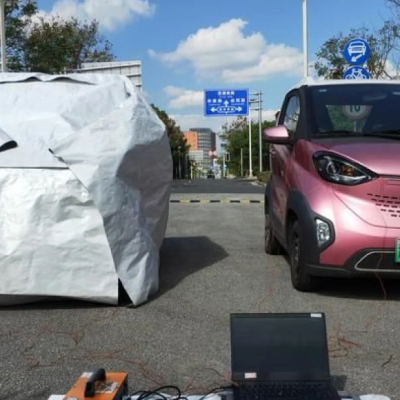Electric cars are often considered more environmentally friendly than traditional combustion engine vehicles due to their lack of local emissions. However, the production of electric car batteries and the generation of electricity used to power them can result in indirect emissions. Researchers at Yale School of the Environment (YSE) have conducted a study to determine whether electric cars are still more environmentally friendly when these indirect emissions are taken into account. The study, published in the journal Nature Communications, considers the evaluation of operational cycles, concepts from the energy industry and industrial ecology, including the controversial CO2 price, and the modeling of energy systems using the example of the United States.
According to the study, the production of electric car batteries and the generation of electricity used to power them can result in indirect emissions. However, the study found that even when these indirect emissions are taken into account, electric cars are still more environmentally friendly than traditional combustion engine vehicles. The study also found that the indirect emissions of traditional combustion engine vehicles are significantly higher than those of electric cars. These emissions account for more than a quarter of the total emissions of gasoline and diesel vehicles due to the high amount of CO2 emitted during the production of fuel.
The researchers noted that the environmental impact of electric cars will continue to improve in the future as more electricity is generated from renewable sources. Despite the challenges in the supply chain of electric car batteries, the study’s findings suggest that electric cars are still a more environmentally friendly option than traditional combustion engine vehicles.










